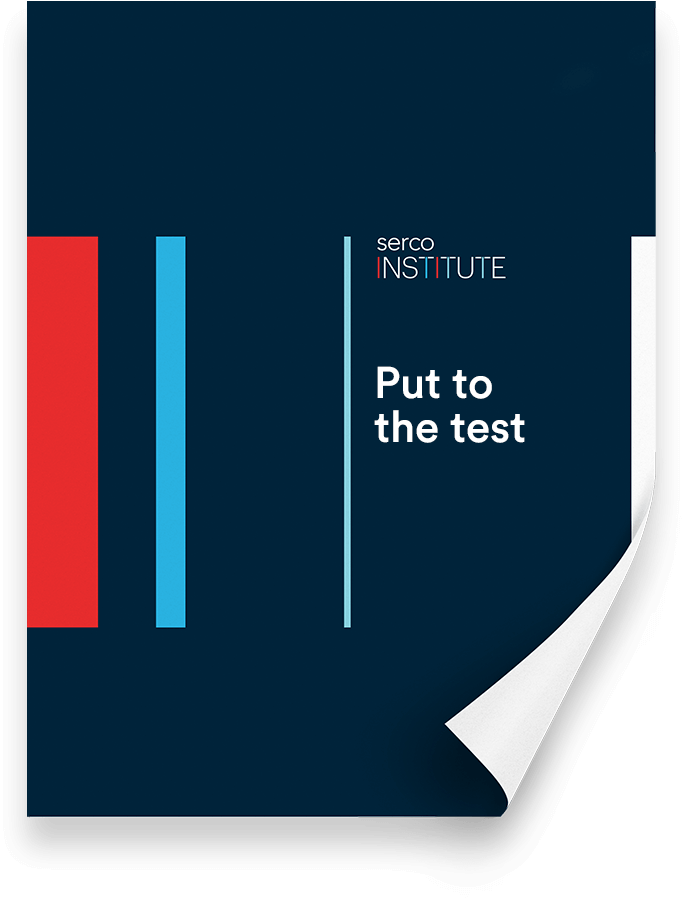
An unassailable proposition, surely? An idea whose time has come? These words were uttered 200 years ago by the British philosopher, Jeremy Bentham, and yet there is still discomfort at the idea of market-testing public services.
The notion that competed services are more efficient than monopolies (and more responsive to their customers) has instinctive appeal. We all understand the virtues of competition over monopoly from the everyday experience of life.
And yet some folks are uncomfortable with the idea that providers might make a profit out of public services, even if they are delivered at much lower cost. Some fear that, by accident or design, the public might get less for less.
However, one of the most common sources of discomfort with market testing lies in the difficulty of knowing whether services are actually being rendered at lower cost. Since public services are (in general) not traded in the marketplace, the challenges of measurement are real.
In a recent study of contractor logistics support in the US Air Force, the North American think tank, RAND, noted that statistical analysis of the comparative efficiency of in-house and outsourced provision is difficult because the data required to standardise the diverse characteristics of different programmes does not exist.
